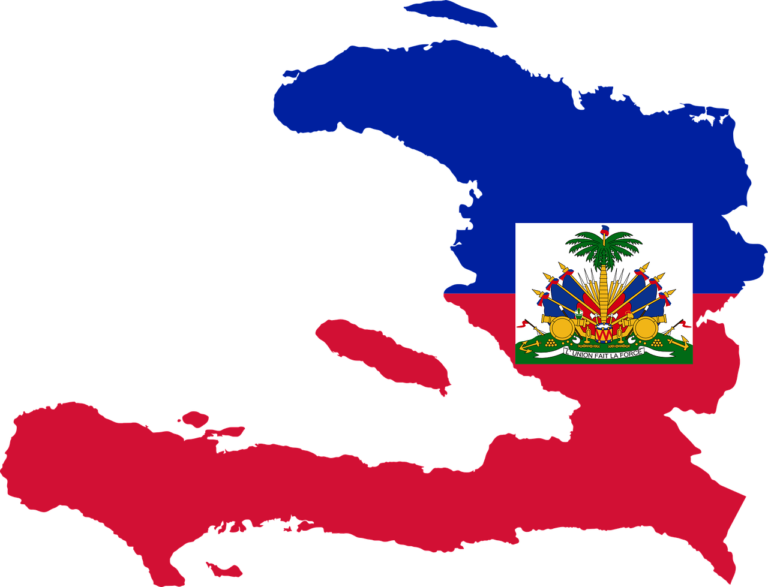Jamaicans to receive assistance with light bill for the months ahead

Jamaica Public Service (JPS) customers will benefit from The Government’s Energy Co-Pay Programme starting this month and going through to July. For households that consumed 200 or less kilowatt hours (kWh) of energy last month, there will be 20 per cent reduction in their bill for this month. For the months going forward, the programme will continue to pay 20 per cent of the bills of households that consume 200 or less kWh of energy for the month. Prepaid customers will also benefit from the programme by receiving $3,000 free credit to their JPS accounts.
Dr Nigel Clarke, Jamaica’s finance minister, first announced the coming of the programme in his March budget presentation. The purpose of the programme is to alleviate some of the burden from the higher electricity prices caused by the Ukraine-Russia war. “The overwhelming majority of households in Jamaica consuming less than200 kWh, consist of hardworking people on smaller incomes, and we are concerned that they aremore adversely affected by the higher energy prices,” Dr Clarke said. “This programme, similar to all our social assistance programmes and policies, is therefore designed to prioritise and target their needs.”
In March, Vernon Douglas, JPS’ chief financial officer explained that the recent increase in oil prices have caused higher electricity bills for customers. “The war in Ukraine means fuel is much more expensive and there is less of it. The prices of both oil and natural gas have increased since last year. They will increase much more now. A higher fuel cost means higher electricity costs. We have to pay more to the fuel suppliers. We have no choice. Fuel makes up about half of customers’ electricity bills, so the changes from one month to the next can be quite significant,” he said.
Raquel Cuff, a JPS customers expressed her thankfulness for the programme. “I am happy to know that I’m getting help with my light bill in a time like this when I am financially stressed. I can put it [the money I will save] towards my supermarket bill and my water bill,” she said.
Some 379,000 households will benefit from this initiative, and it will cost the government $2 billion.






